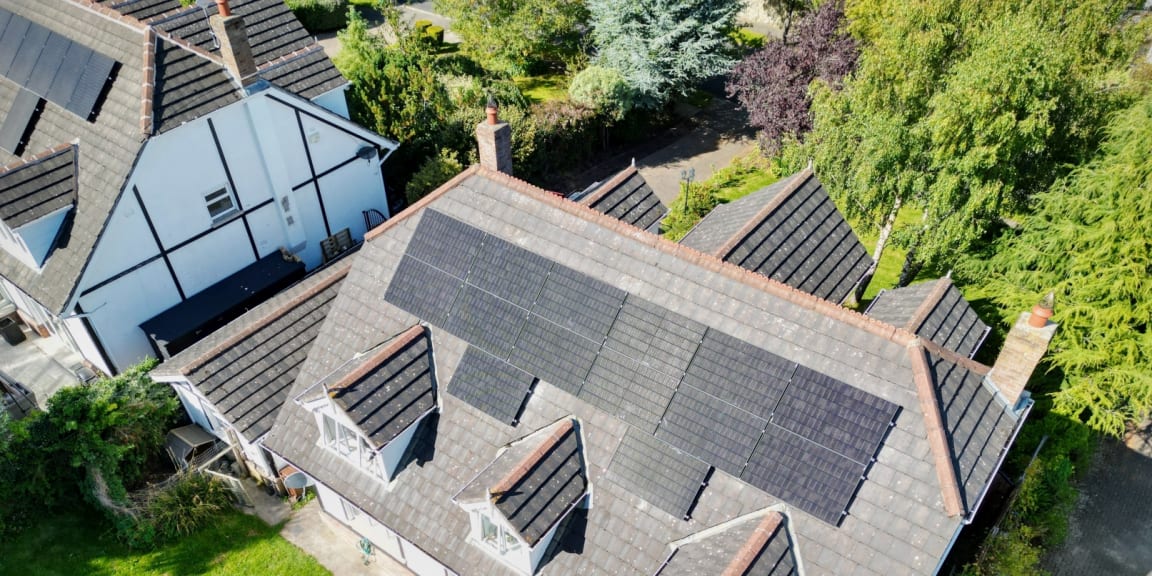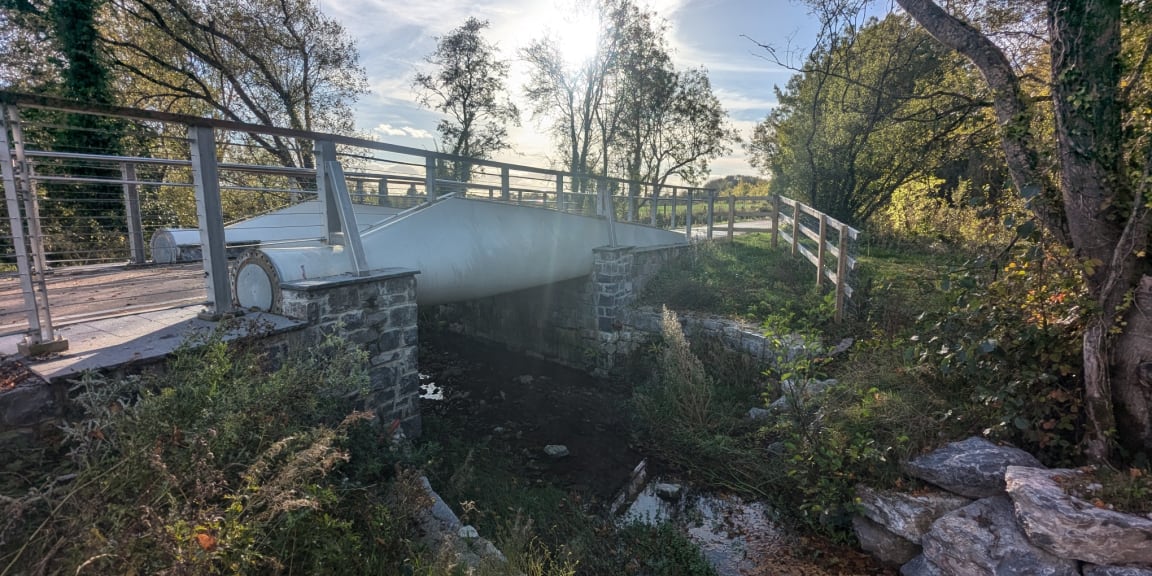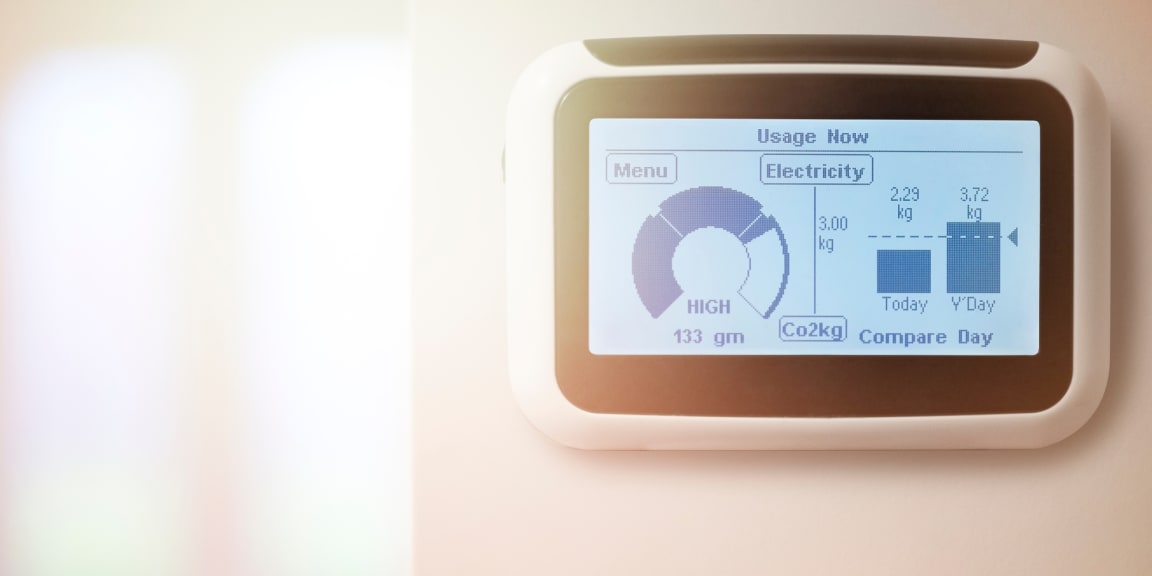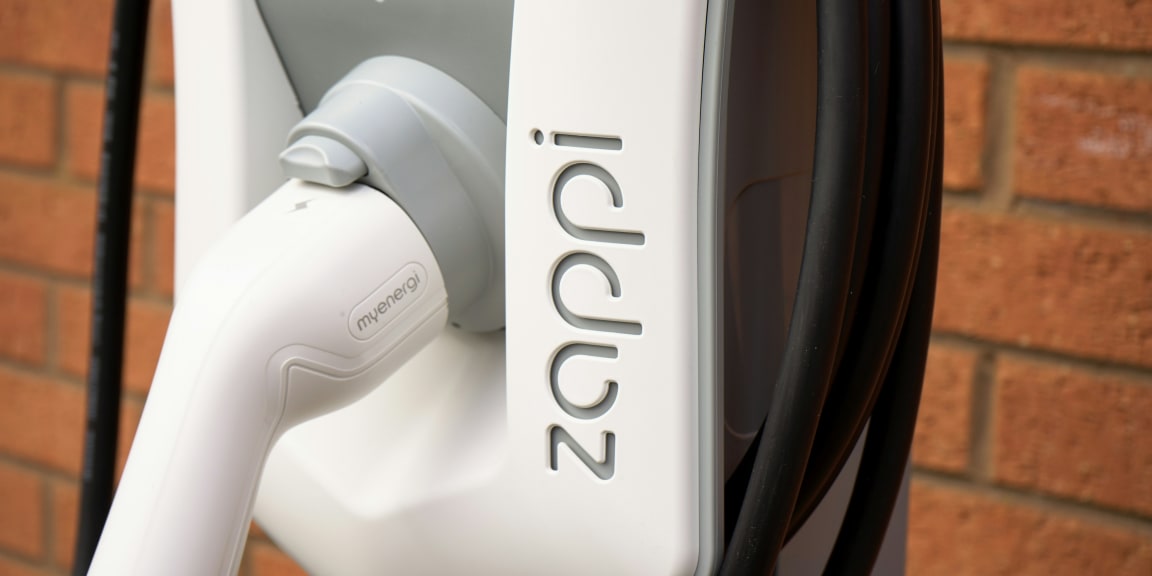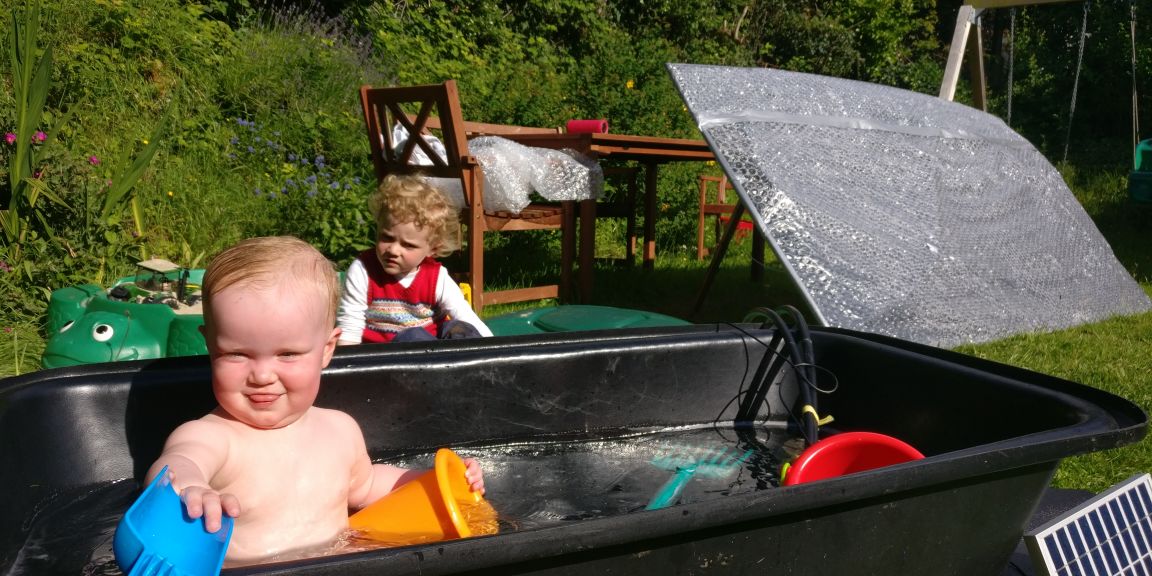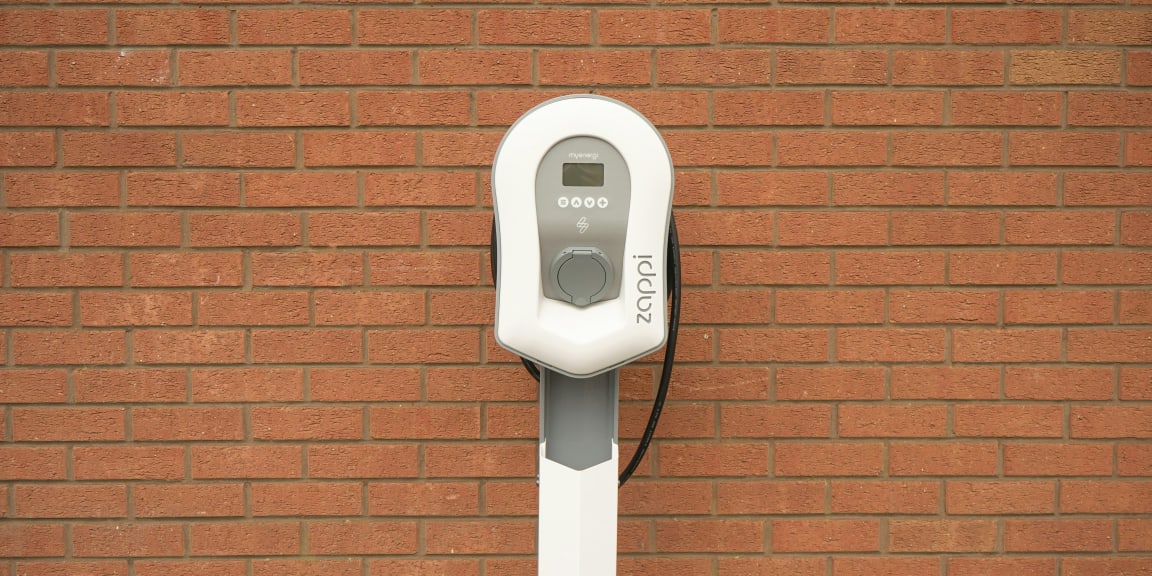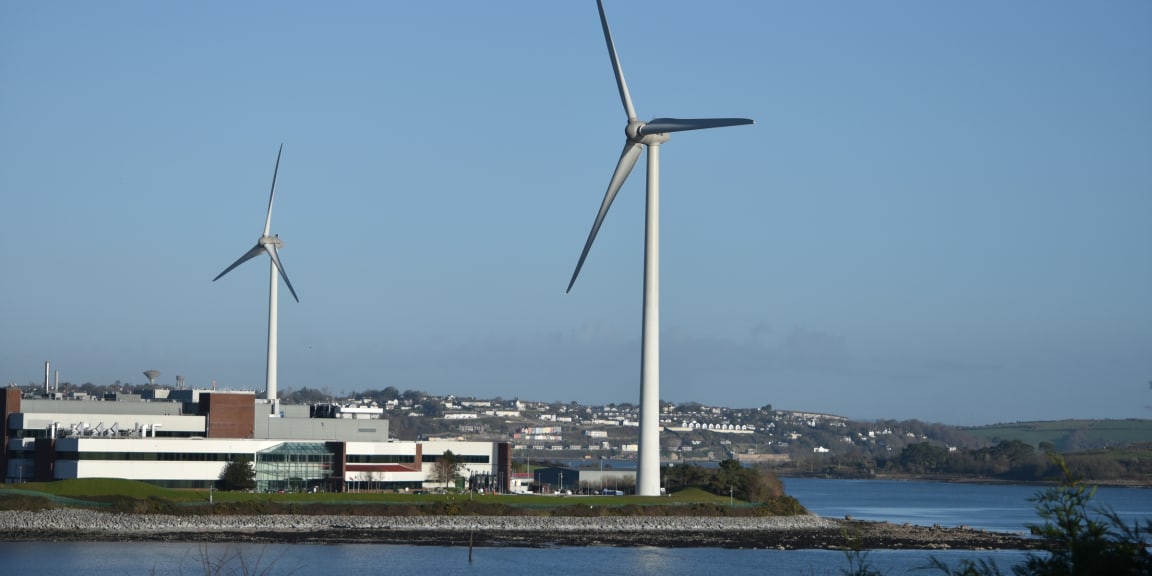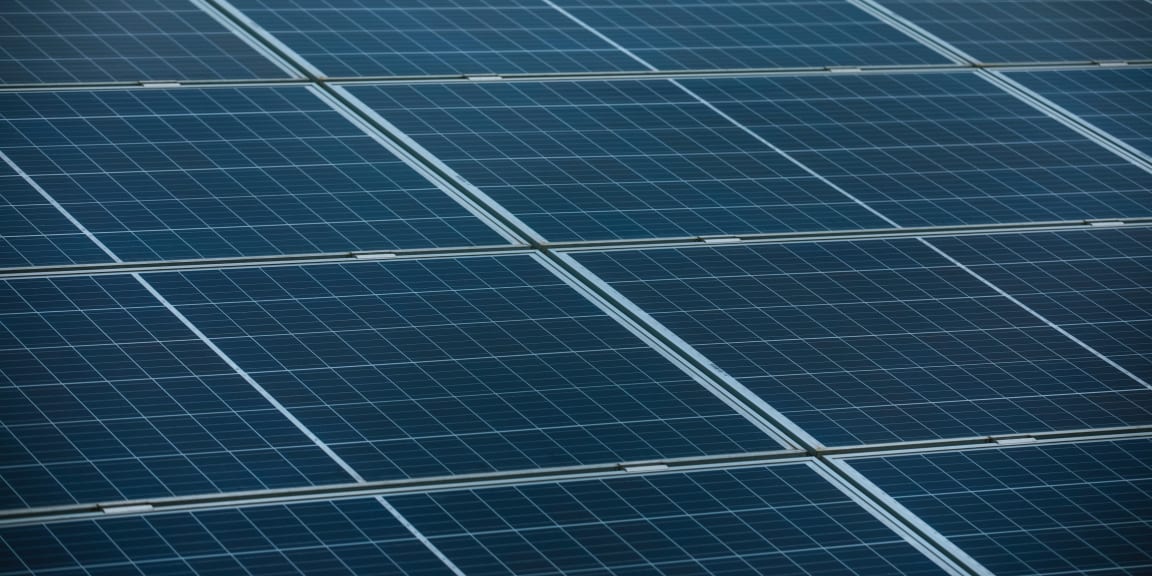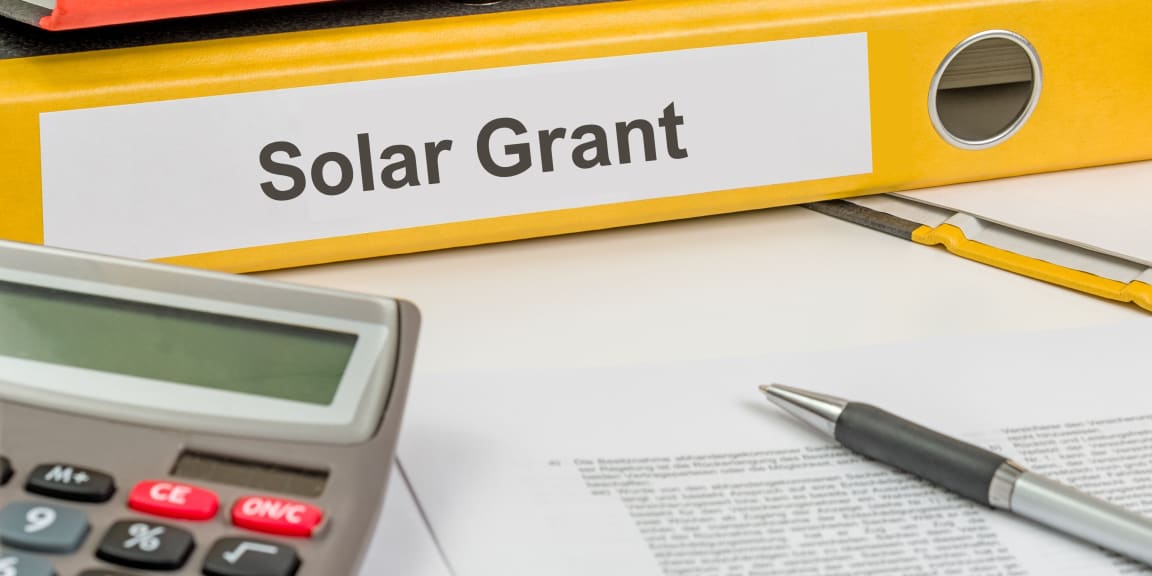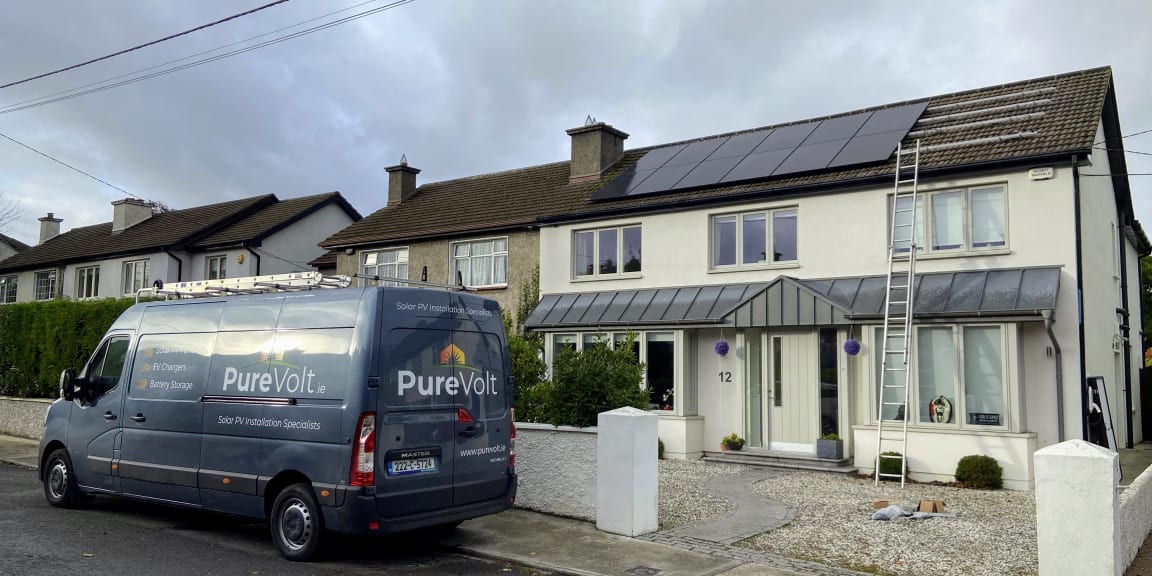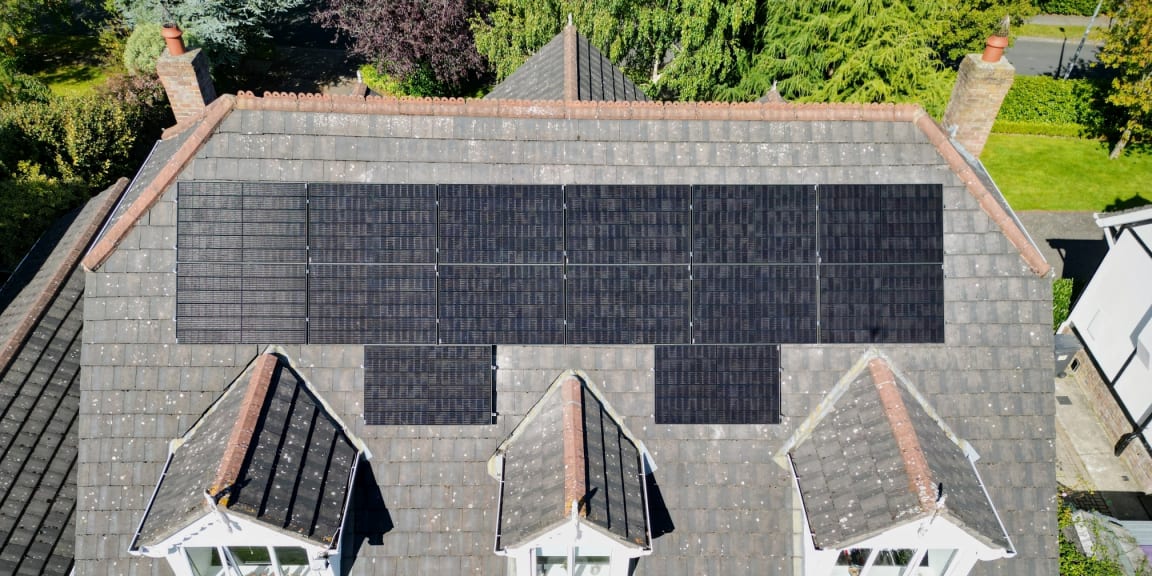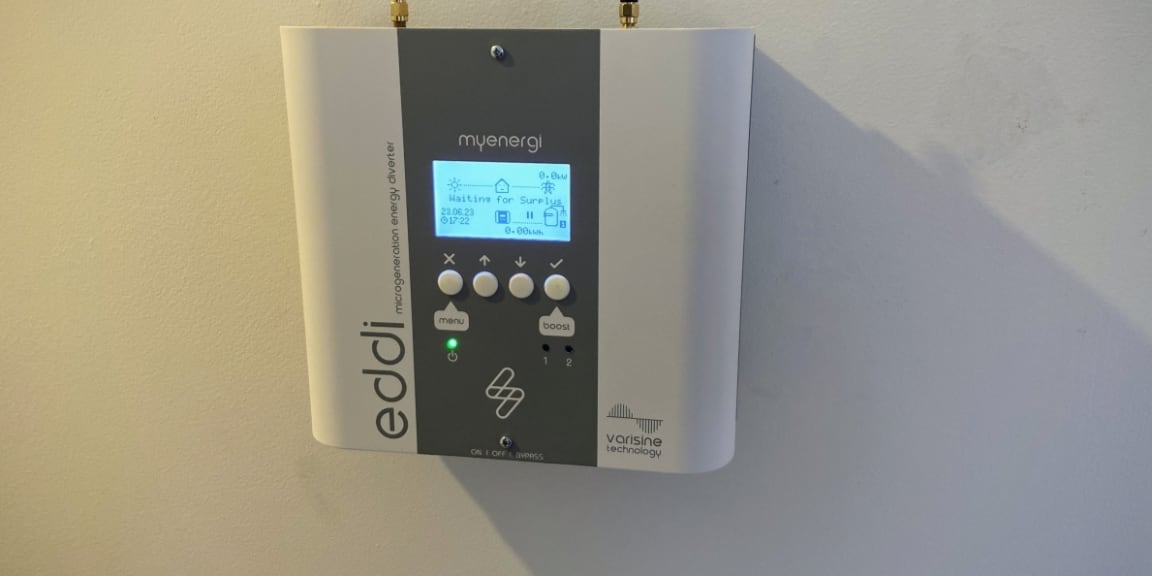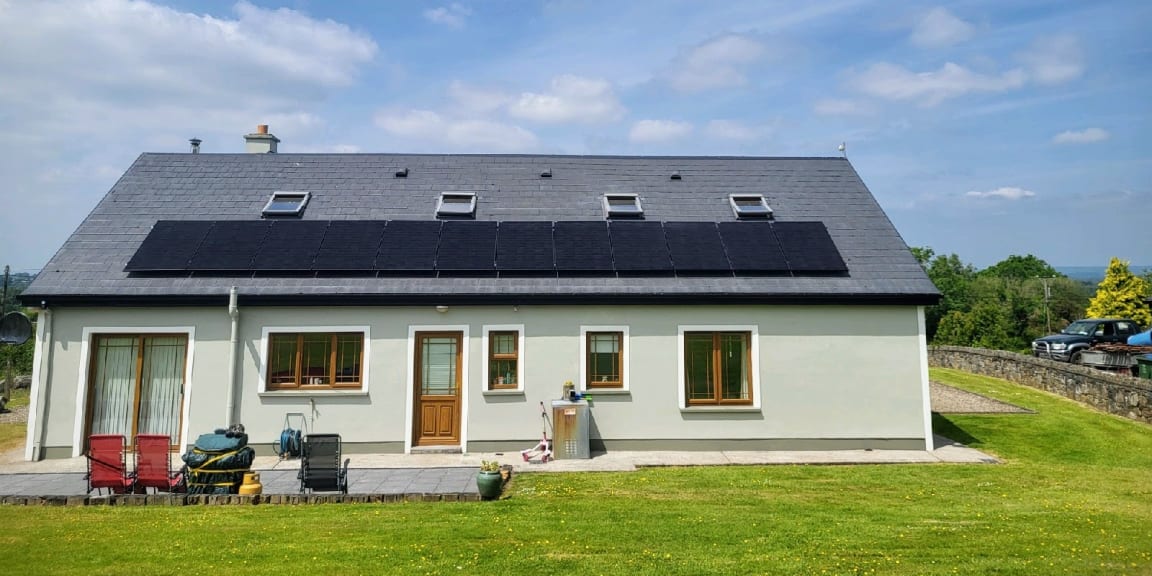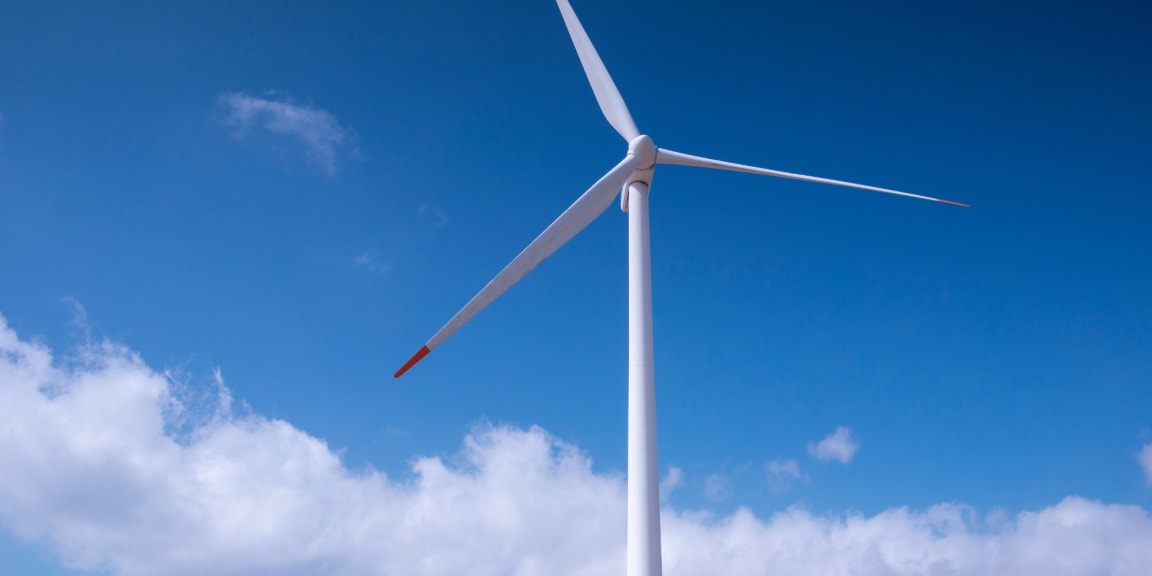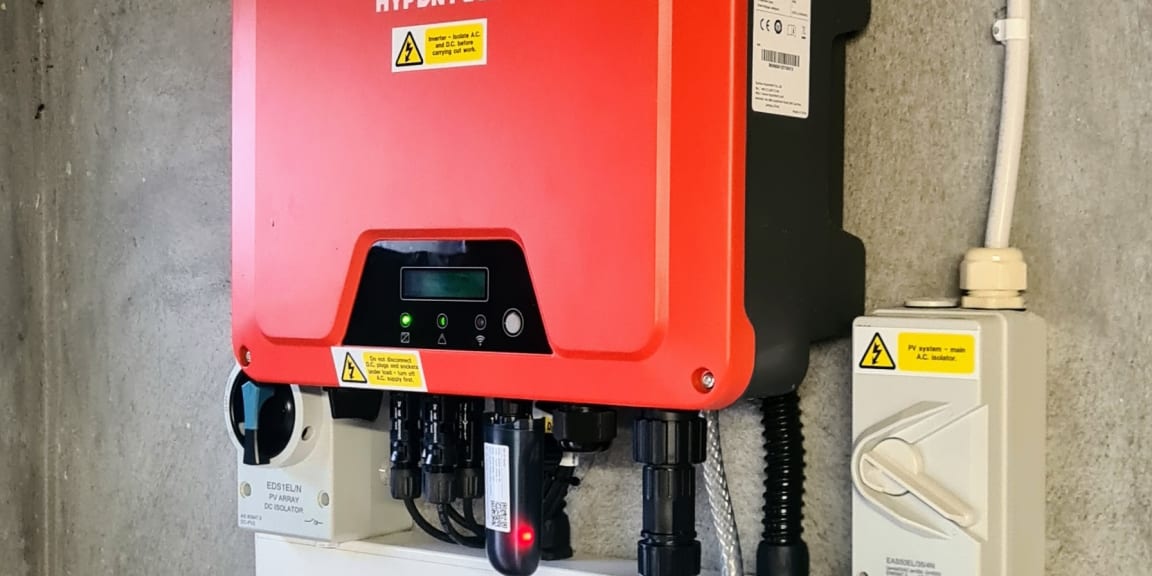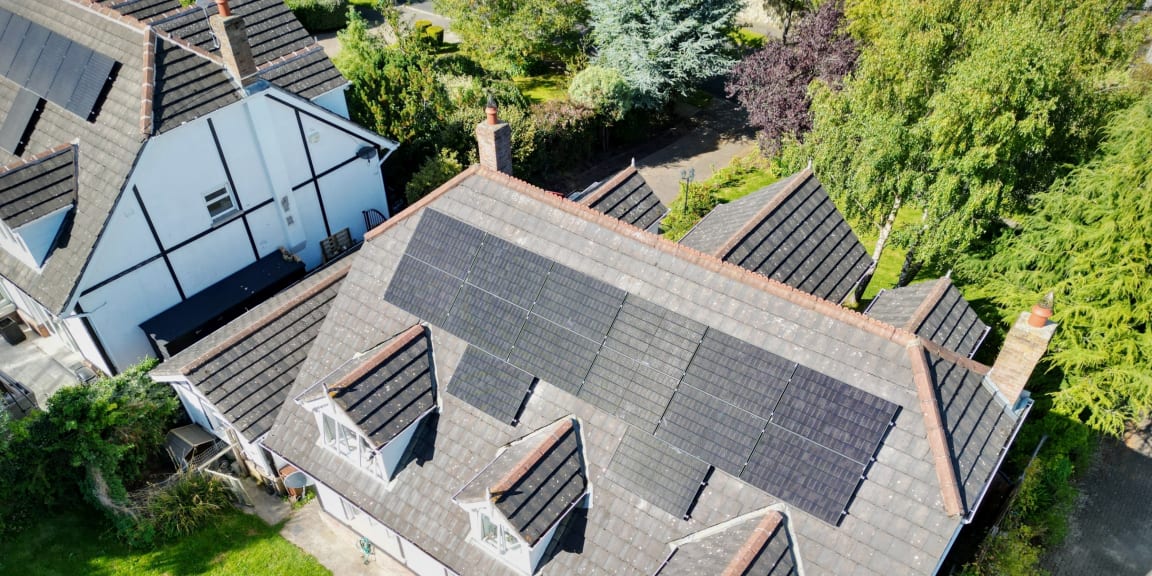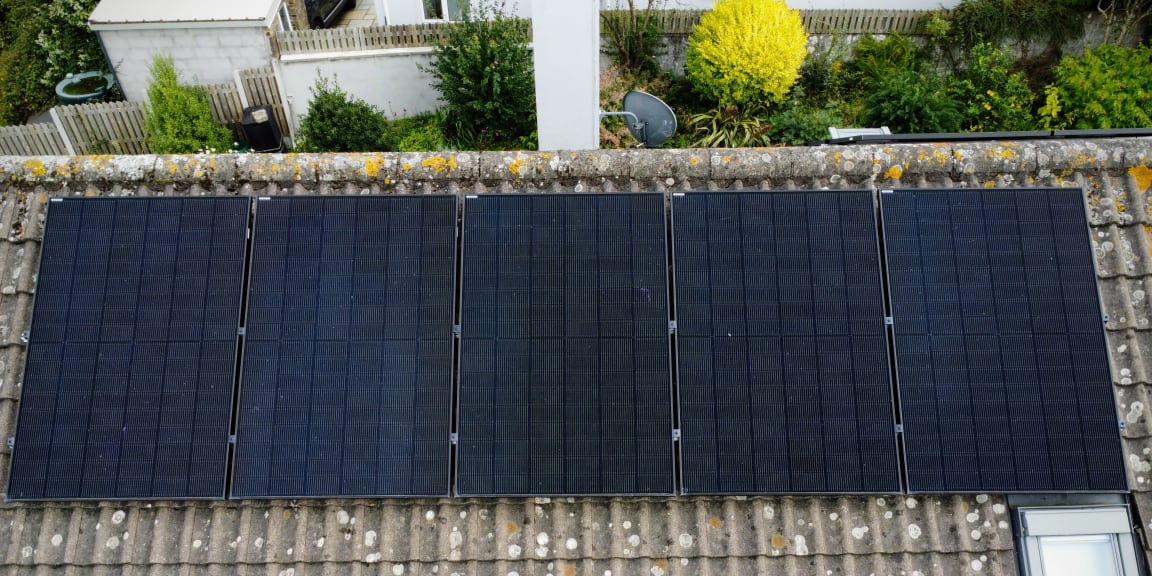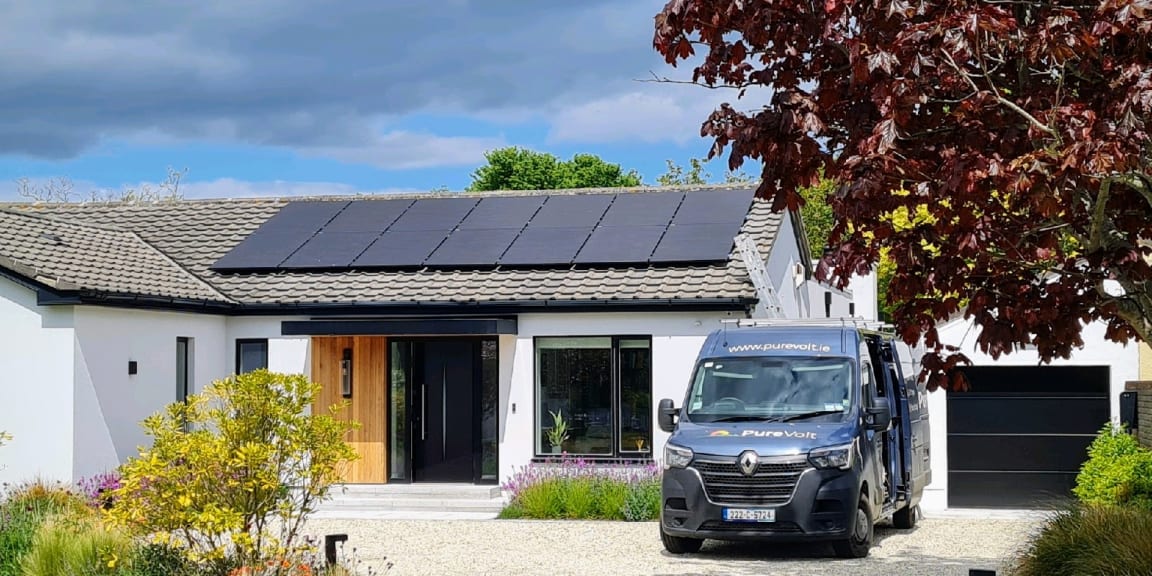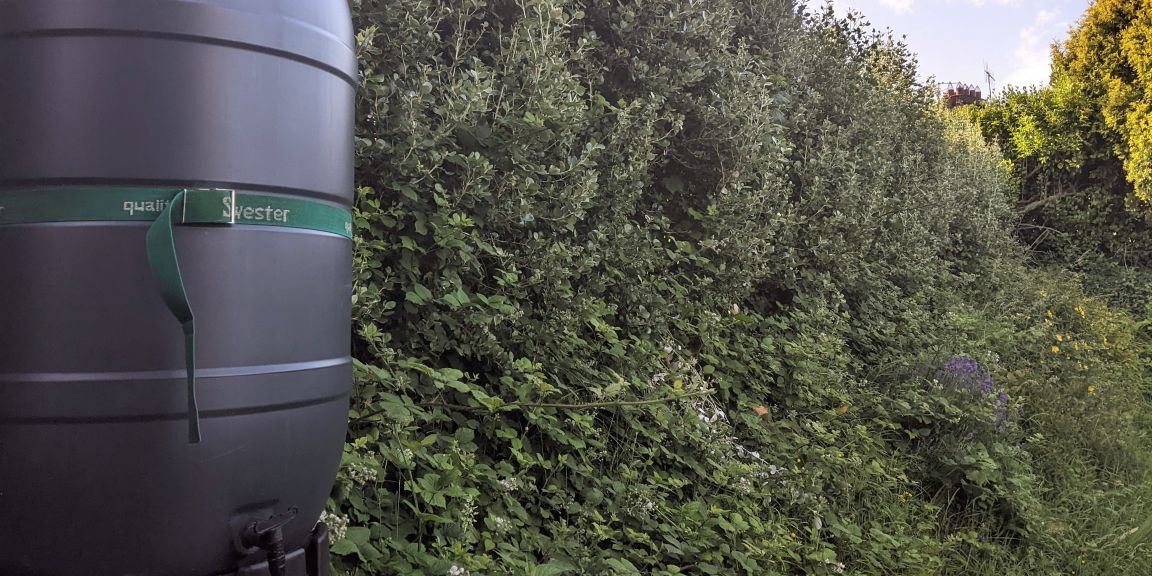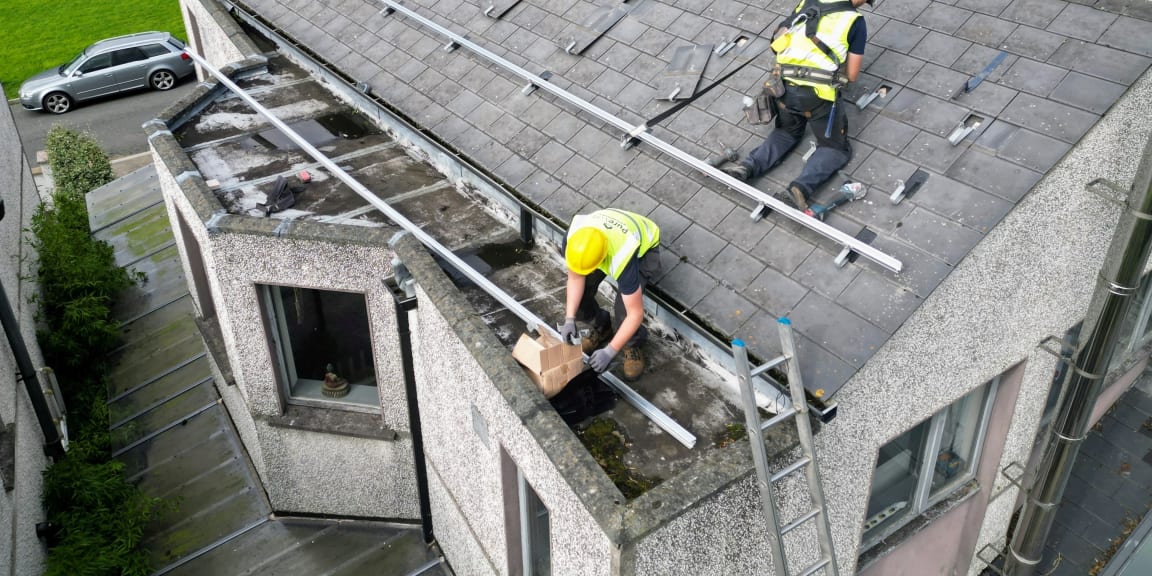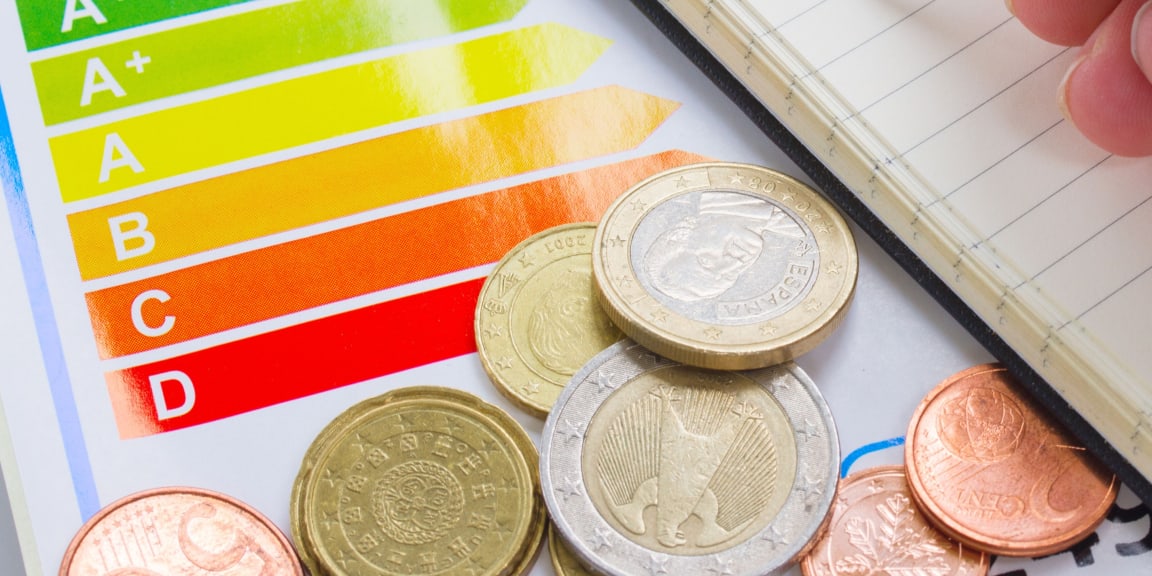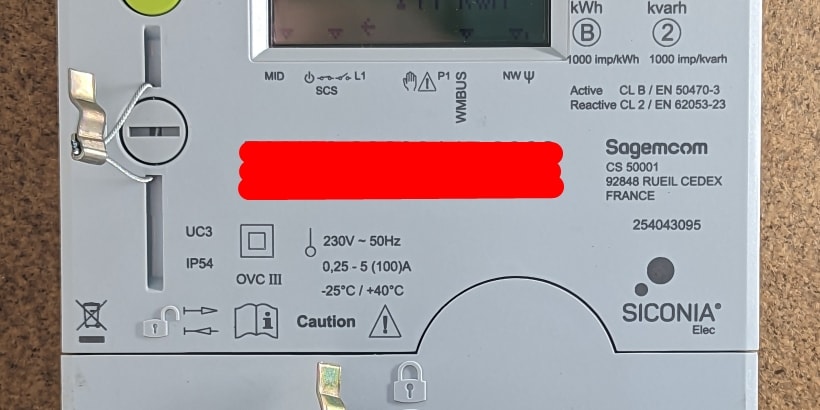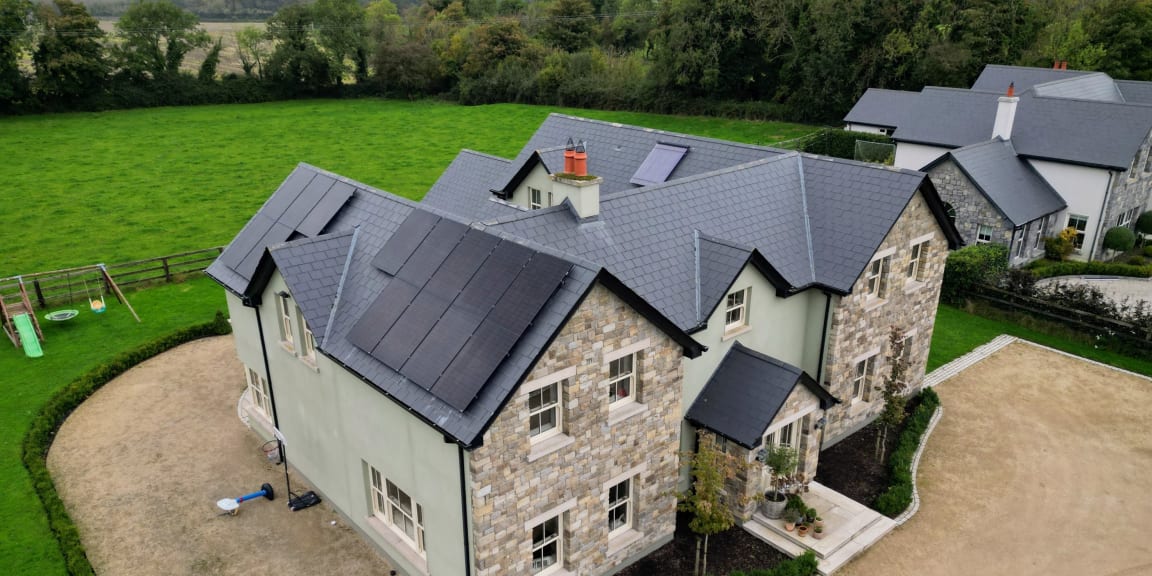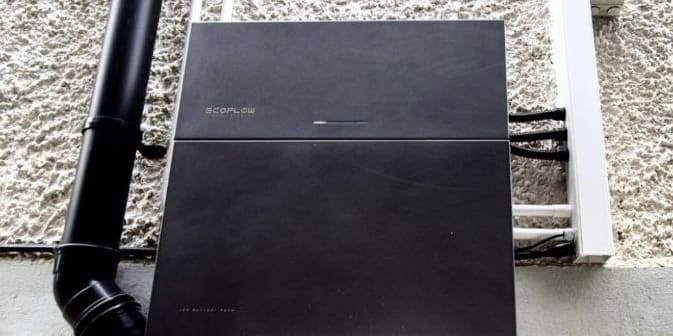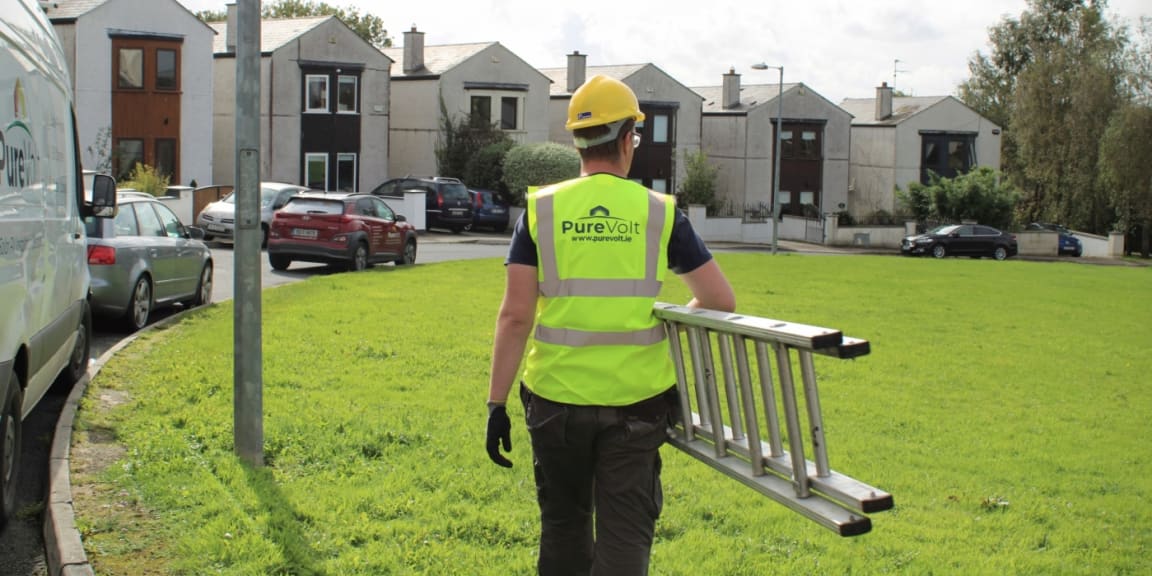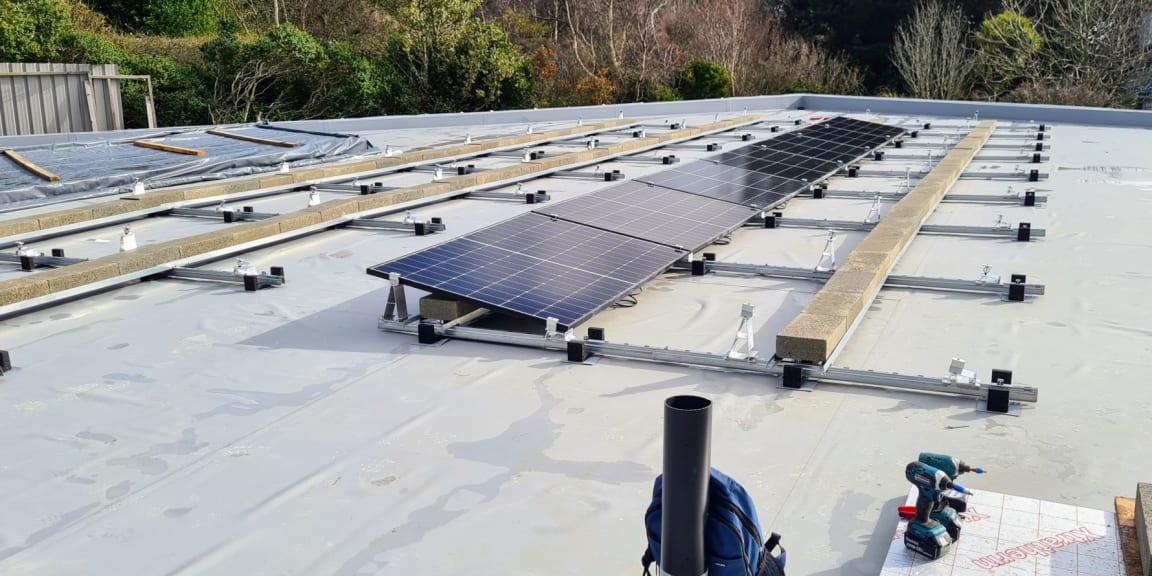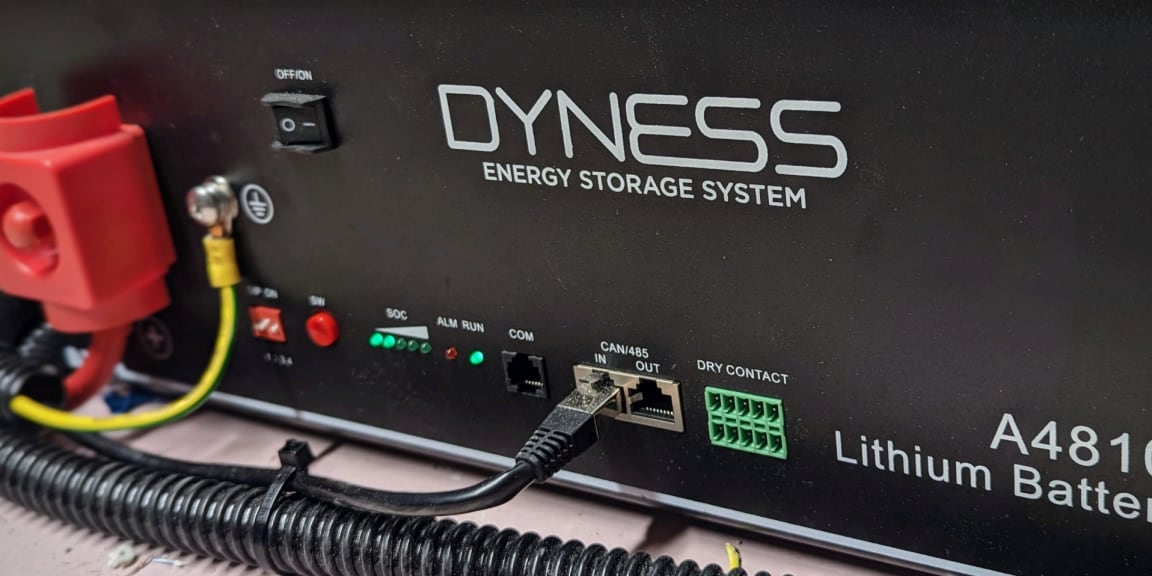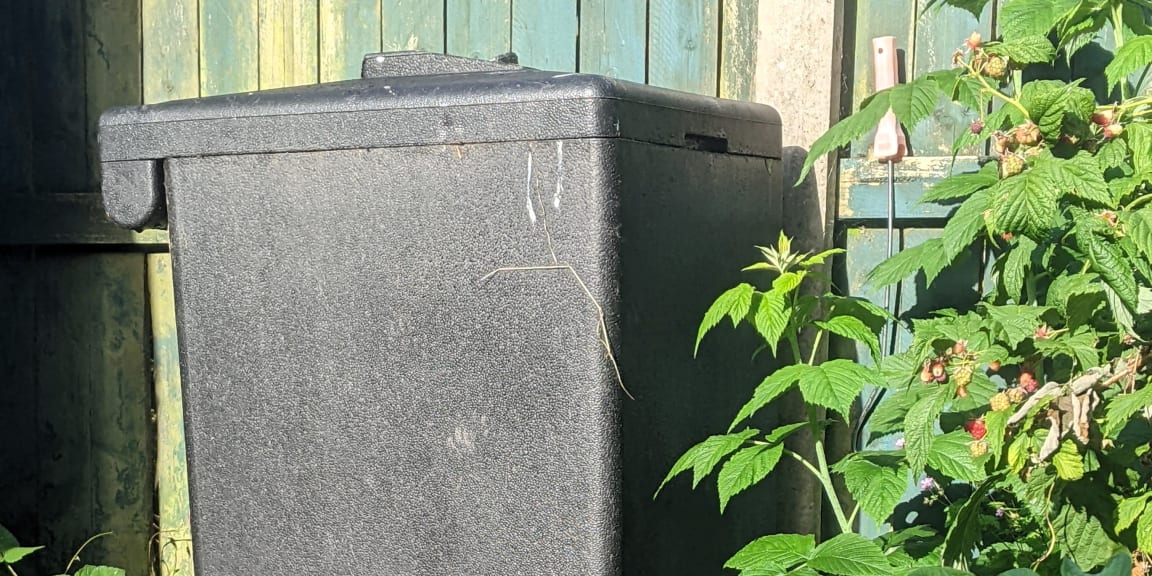
All about solar immersion diverters
What even is an immersion diverter?
A solar immersion diverter switches your immersion on when your solar panels generate more electricity than your house needs. This turns that spare electricity into hot water. When production decreases or your electricity usage increases, the system will automatically turn off your immersion. It's a great way to make use of your surplus energy. This page walks you through everything you need to know about solar immersion diverters.
What you need to know about immersion diverters?
We don't recommend immersion diverters for the vast majority of people any more. That's because smart meters and smart meter tariff plans can offer better results for less money. Find out about feed-in tariffs here...
Pros and cons of immersion diverters
Before smart meters, you gave excess electricity away to the grid for free, so an immersion diverter was a savvy investment back then. Instead of giving electricity away for free, you could turn it into hot water.
These days, you get paid for any excess electricity you give back to the grid. It is now much more financially beneficial (and better for the planet) to sell electricity to the grid, and then buy back overnight to make hot water. (Overnight, electricity consumption is low enough that almost all of it is generated using renewables.)
Making a profit via selling and buying back
With the correct smart meter tariff and timings, you can make a profit here, too.
Many smart meter plans allow you to buy back electricity at a much lower rate in the middle of the night. For example, currently, with Energia you can sell any spare electricity to the grid in the day for 24 cents / unit, and then buy it back in the middle of the night for 8 cents / unit. For every unit you give them, they'll give you three back in the middle of the night.
If your primary goal with solar is to generate hot water, it's generally more cost-effective to sell the electricity you produce to the grid rather than buying it back at night to heat your water. By doing so, you'll likely end up with three times the amount of hot water.
Heat pumps are better than hot water diverters
The increasing use of heat pumps is also making hot water diverters much less appealing. If you have a heat pump, it's more cost-effective and environmentally friendly to use your electricity to power it for producing hot water. One unit of electricity in a heat pump will give three to four times the amount of hot water compared to putting that one unit into an immersion element.
How does a solar immersion diverter work?
1. The solar immersion diverter works by constantly monitoring the electricity usage in your home. This is monitored by the CT sensor clamp.
2. When your home is exporting electricity, the CT clamp tells the immersion diverter to send the surplus power to the immersion tank.
3. The immersion diverter device effectively heats your hot water cylinder for free, off the energy from the sun, reducing your reliance on electricity gas and oil.
4. When your home's electricity demand increases or solar generation decreases, the immersion diverter will detect these changes and reduce the amount of electricity that it is sending to the immersion.
Advanced and other questions about solar immersion diverters
This section is for those with more advanced questions about solar immersion diverters. If you have any other questions about solar immersion diverters, please don't hesitate to get in touch.
How much energy can my hot water cylinder store?
Think of your hot water cylinder as a thermal battery. A well-insulated standard 120-litre cylinder can store between 8kWh to 10kWh of energy.
Can a solar immersion diverter work with batteries?
They both operate on the same principle: diverting surplus energy for use at a later time. This can lead to both technologies "fighting" each other. The MyEnergi Eddi immersion diverter has a setting to integrate with on-site battery storage and works effectively in tandem with the battery.
Can I still use my immersion heater as usual for hot water?
Yes, indeed. All good immersion diverters have a boost functionality and timers to turn on the immersion if the water is not hot enough. For instance, you can schedule the immersion diverter to turn on in the morning to ensure you have enough hot water for showers. Ideally, the solar panels will have preheated the tank from the day before.
What if my tank does not have an immersion element?
You can add a device called a Willis Heater. This attaches to the pipework outside your tank and functions similarly to an immersion heater.
This is also worth considering if your immersion element only heats the top section of your hot water tank, as it limits the amount of hot water your solar panels can produce.
Preventing bacteria build-up
To prevent Legionella - always boost your hot water once a week. Boosting your hot water to 65 °C is very important to remove the risk of Legionella build-up in the hot water tank. Legionella is a type of bacteria that can cause Legionnaires' disease, a severe form of pneumonia. A good immersion diverter should have this functionality built in, but it doesn't hurt to manually boost it just to be sure.
